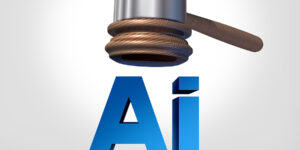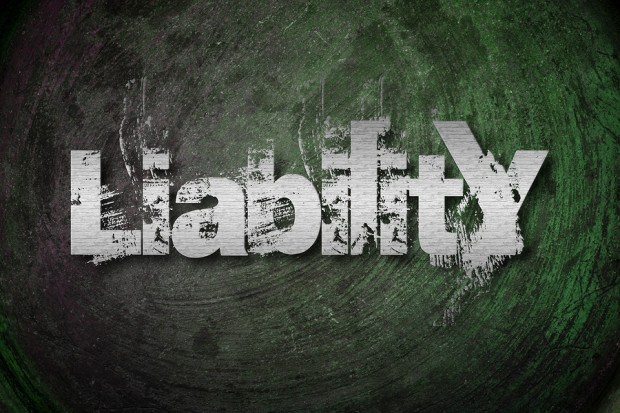Questions about COVID-19-related insurance liability are dogging schools as they begin classes, and answers remain elusive, according to new commentary from A.M. Best.
“Uncertainty about the plethora of issues involved with school liability abounds,” A.M Best said in its commentary. “Whether immunities are afforded, pandemic liability suits prevail, or additional states extend presumptive clauses to teachers, there is the potential for significant expense, and possible losses, for school insurers.
School insurers themselves are also at risk of employee practice liability lawsuits and also cyber claims, A.M. Best said, as schools resort to virtual learning in an effort to reduce COVID-19 risks.
“Given these potential scenarios, some reinsurers have already indicated that they will be requiring COVID-19 and pandemic exclusions, as well as communicable disease exclusions, in their 2021 renewals,” A.M. Best said.
The broader issue is this: Whether a school can be held legally liable if students, staff or others succumb to the coronavirus pandemic. A.M. Best said the answer for school boards and administrators remains a complicated one.
A.M. Best points out that school districts typically have liability protection from “some form of a governmental or public entity tort immunity act” with provisions that vary by state. In theory, the ratings agency said, these acts would likely protect districts from liability if their reopening plans dovetail with local, state, and federal laws, and also guidance from state board of education officials, the CDS or local health departments (barring negligence).
There are some holes in this assumption, however, because what could be considered negligent remains an open question, A.M. Best said.
A.M. Best noted that there is a push to strengthen immunity protections, though momentum has slowed. As well, a number of unions and workers rights advocates resist immunity protections, arguing that it would lead to negligent behavior from businesses and schools, and ultimately more coronavirus cases.
There’s also the issue of workers compensation insurance. A.M. Best explained that teacher unions want confirmation that workers compensation coverage would address their medical bills and loss of income if COVID-19 strikes. That remains an open question, unfortunately, and as A.M. Best explains, the coverage does not typically cover routine community-spread illnesses like the cold or flu (they can’t be linked to a workplace, typically).
Also, there’s the issue of insurance coverage itself. A.M. Best pointed out that insurers who cover schools range from small-cooperatives to large commercial insurers. That means coverage standards will vary greatly, and so coverage guarantees can vary widely, even outside of the pandemic.
Source: A.M. Best





















 That Insurance Talent Crisis? It’s a Global Knowledge Opportunity
That Insurance Talent Crisis? It’s a Global Knowledge Opportunity  Allstate’s Safe Driving App Helps Reduce Chance of Collision by 25%
Allstate’s Safe Driving App Helps Reduce Chance of Collision by 25%  Triple-I: Insurance Economic Drivers Outperform Overall U.S. GDP
Triple-I: Insurance Economic Drivers Outperform Overall U.S. GDP  Florida Gets 8 New P/C Carriers After Insurance Market Reforms
Florida Gets 8 New P/C Carriers After Insurance Market Reforms 




